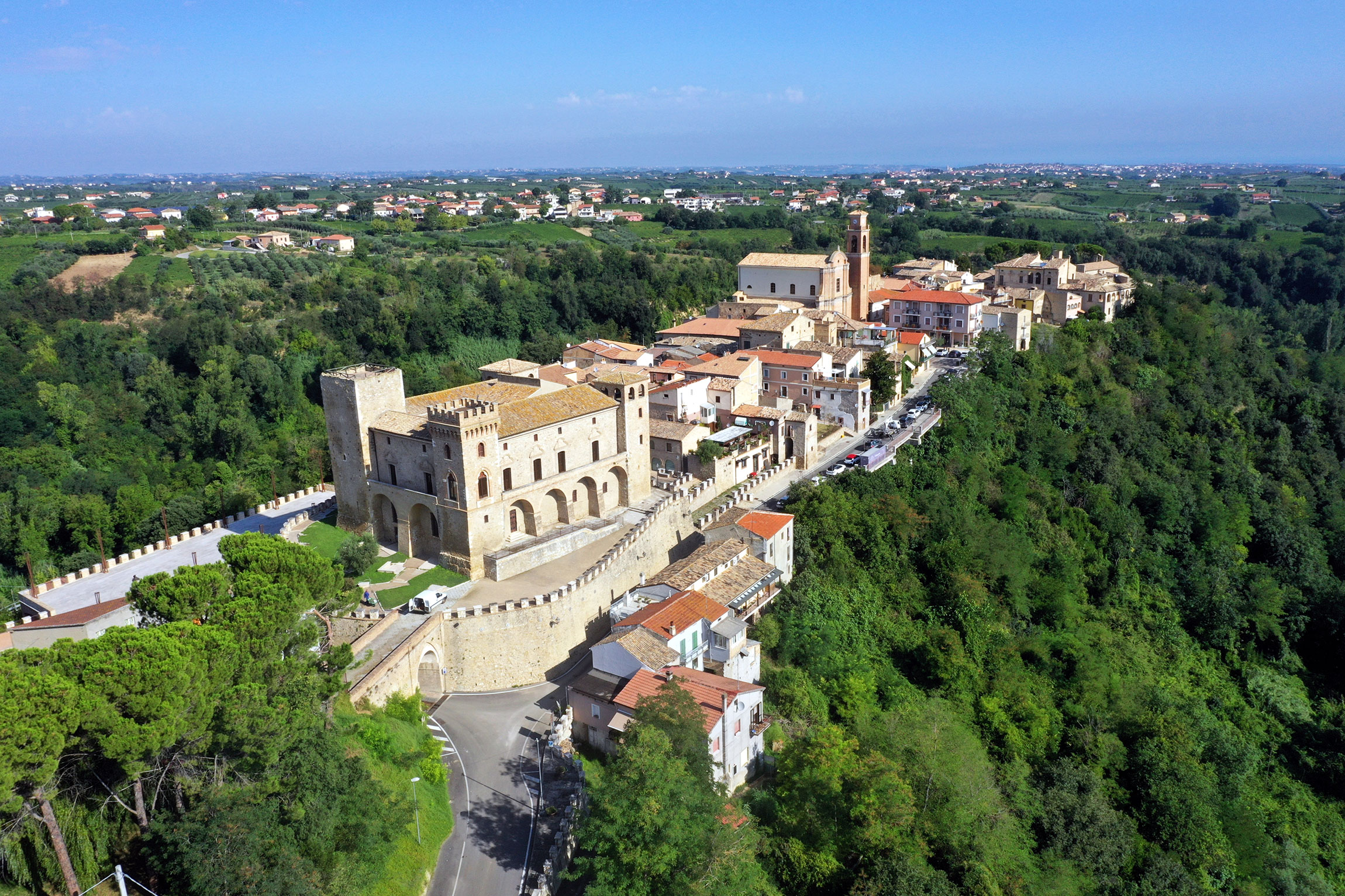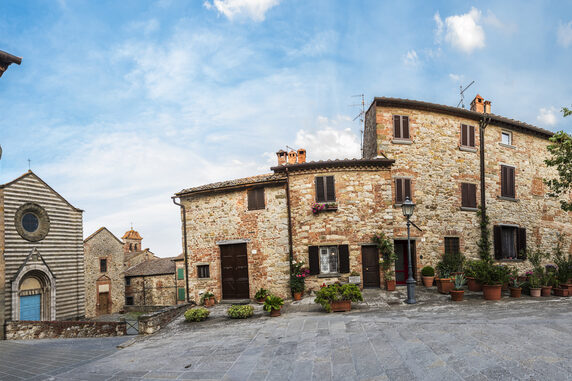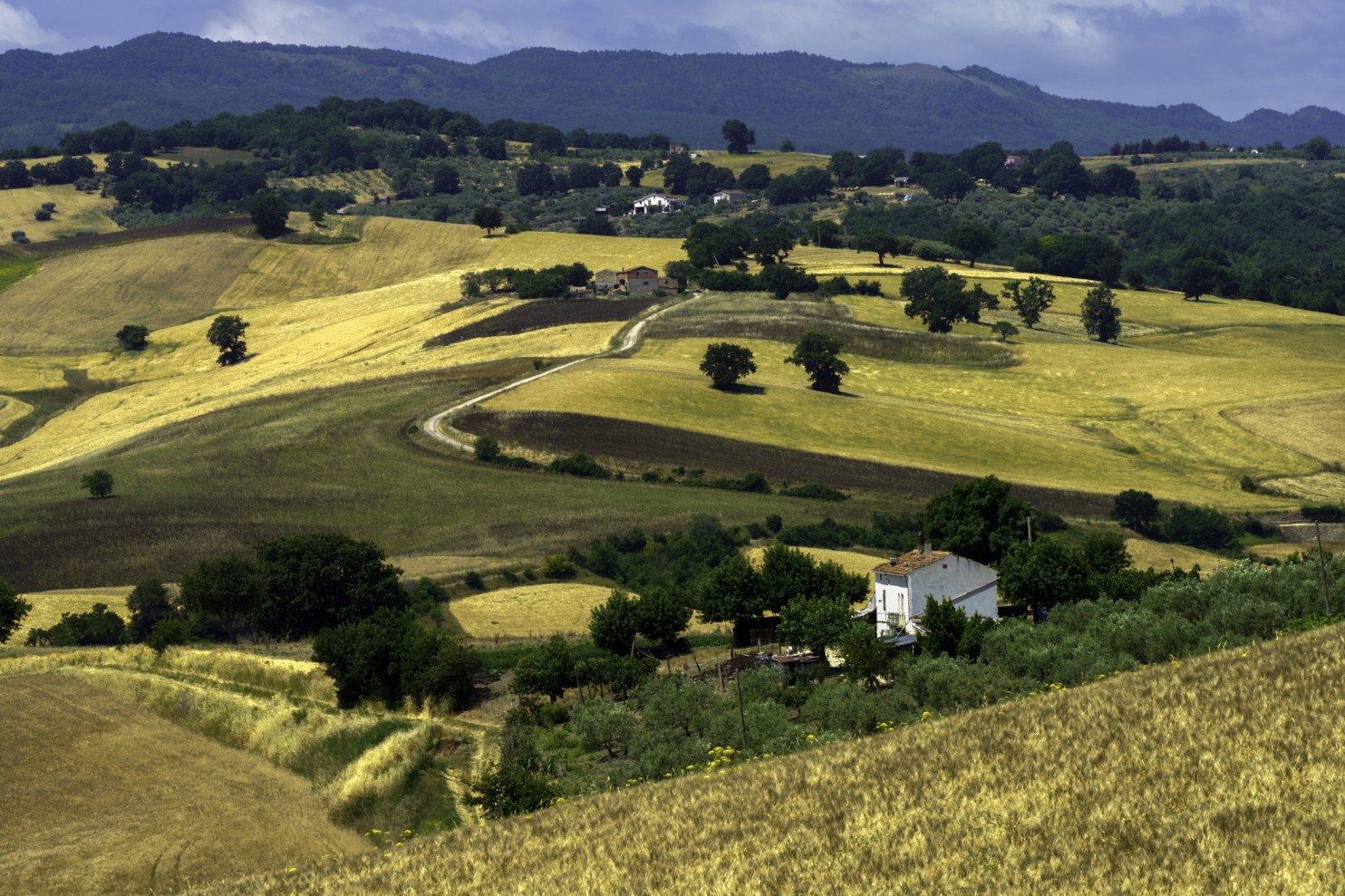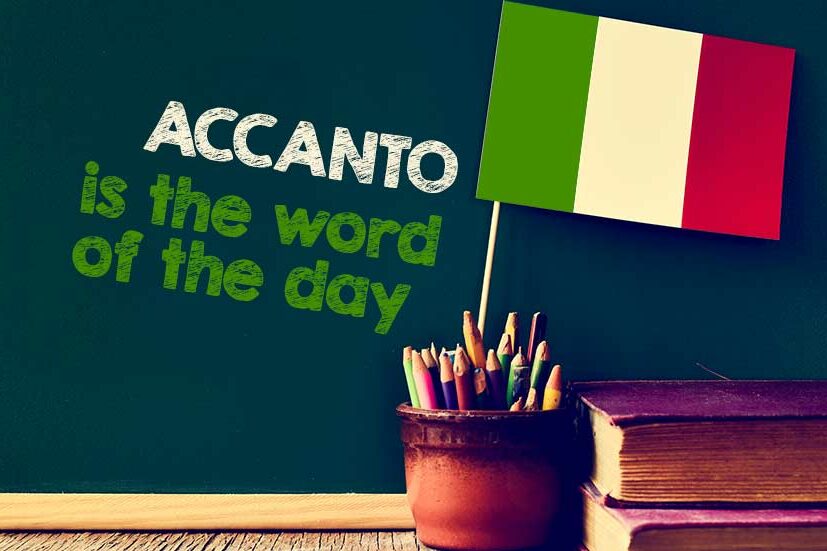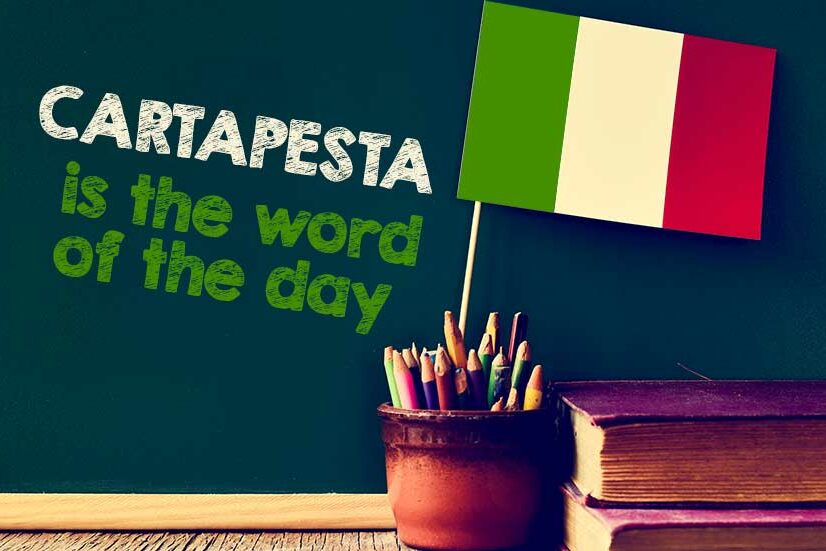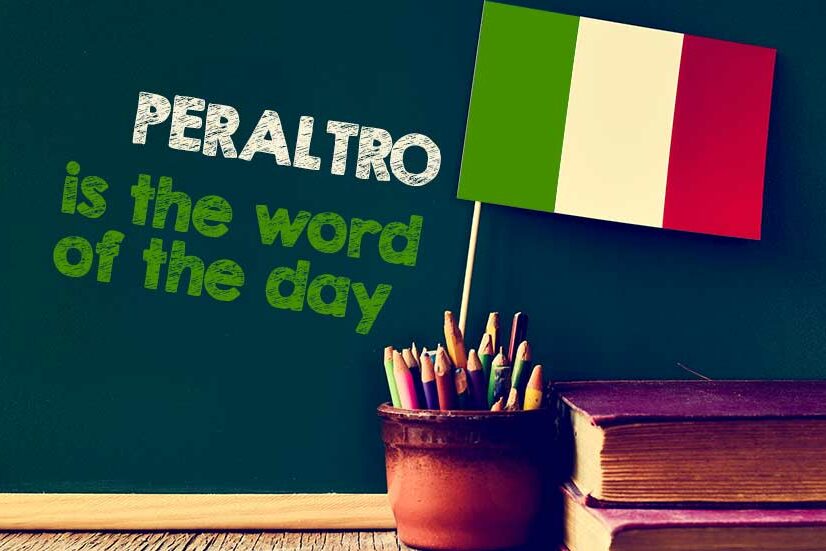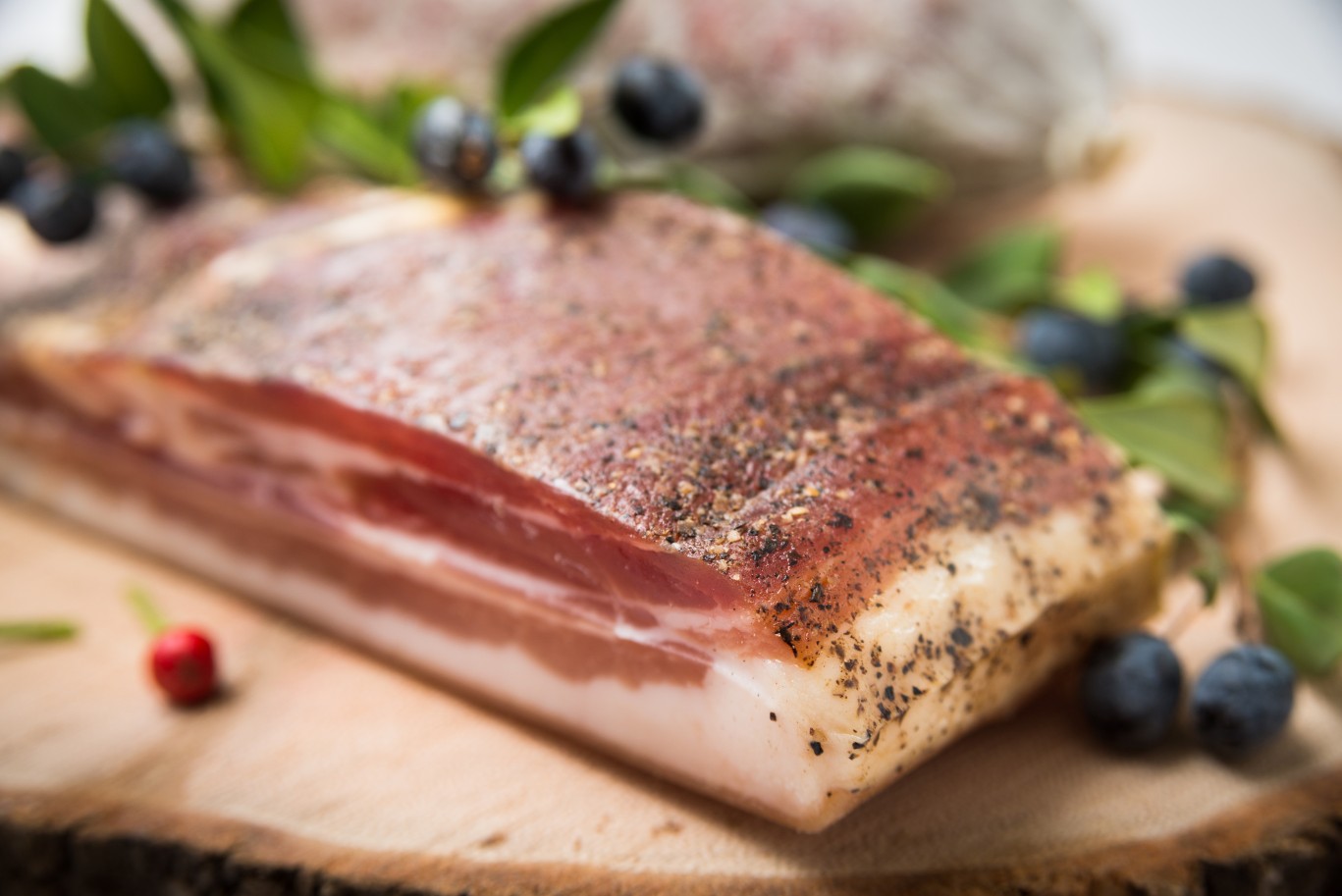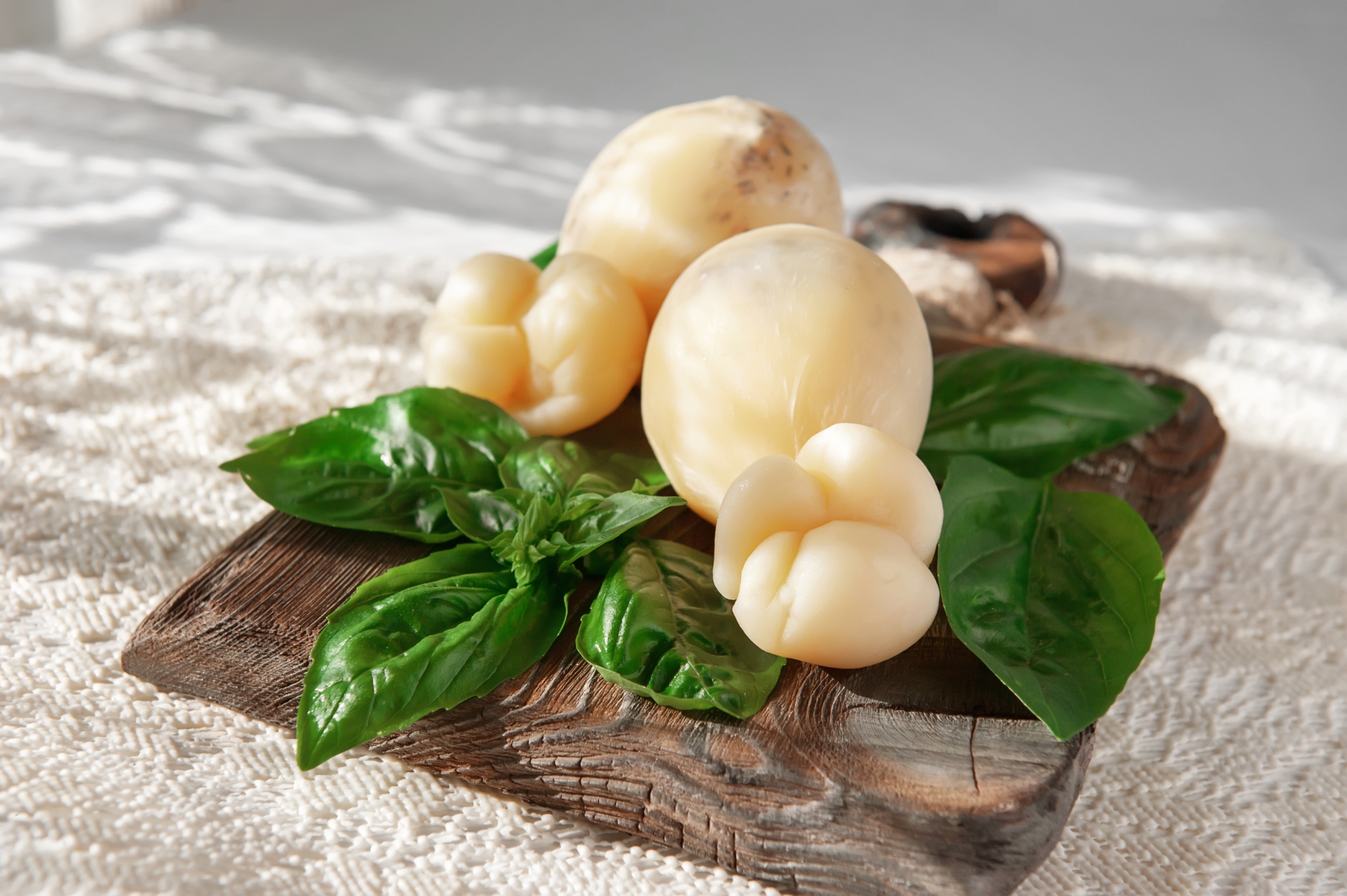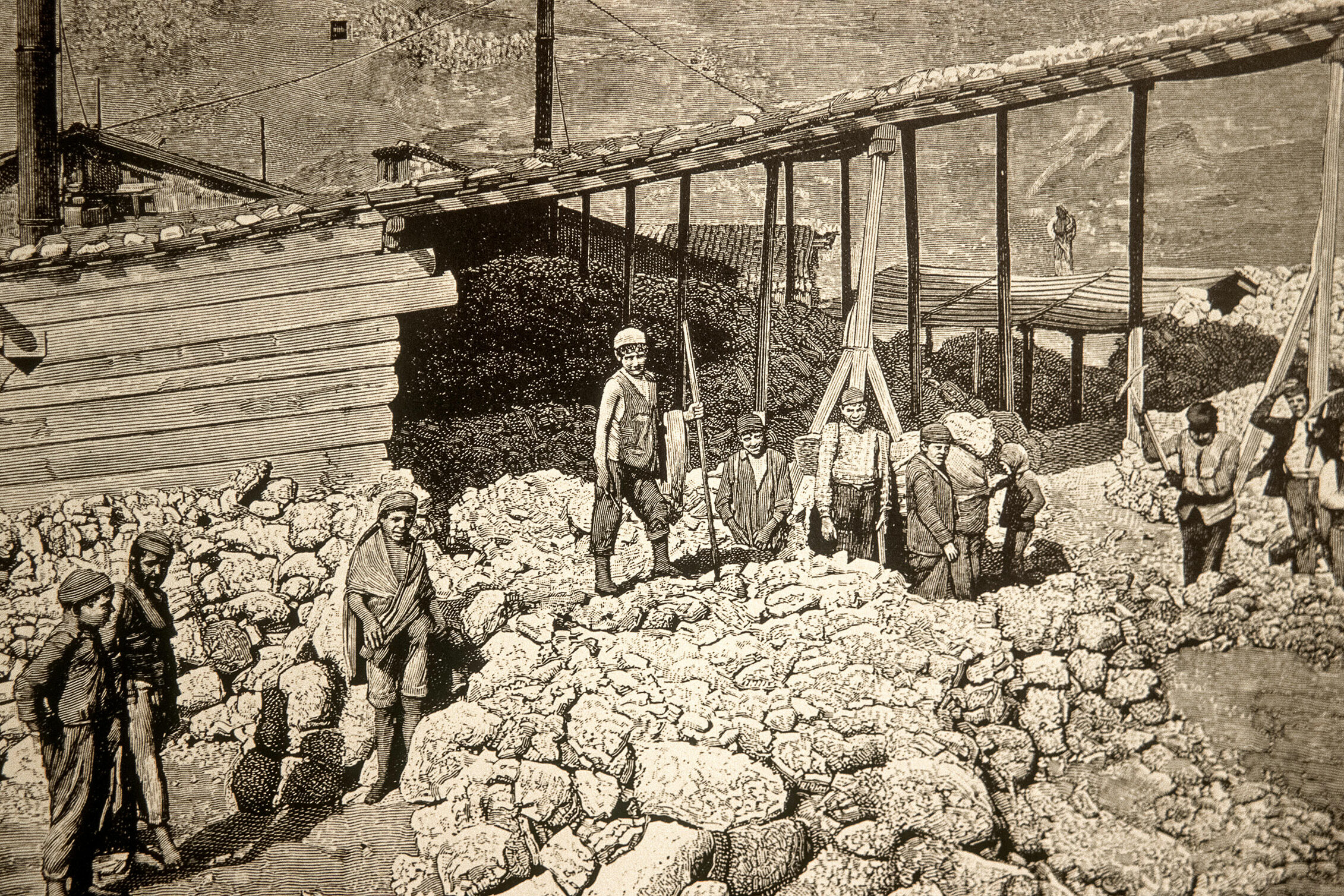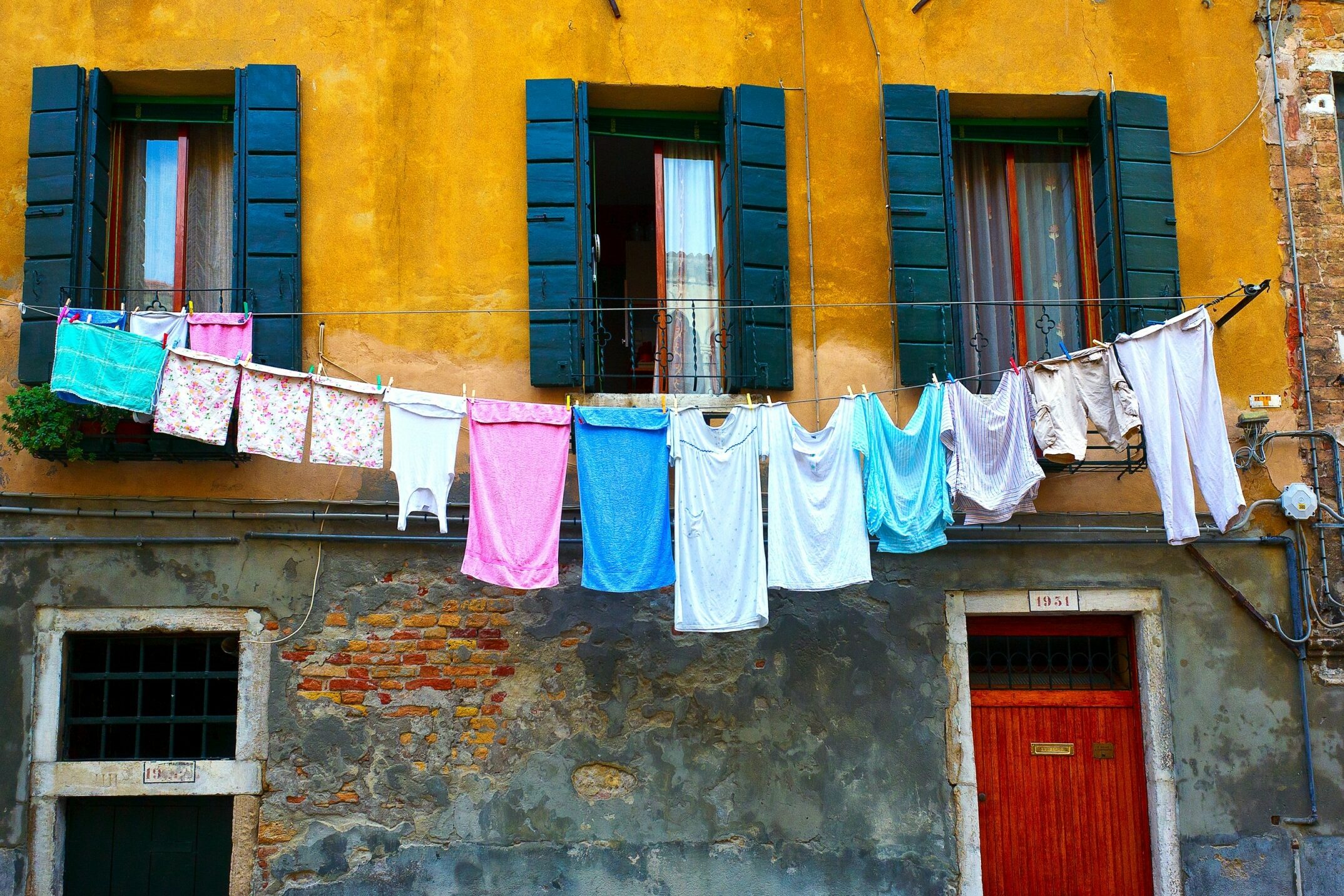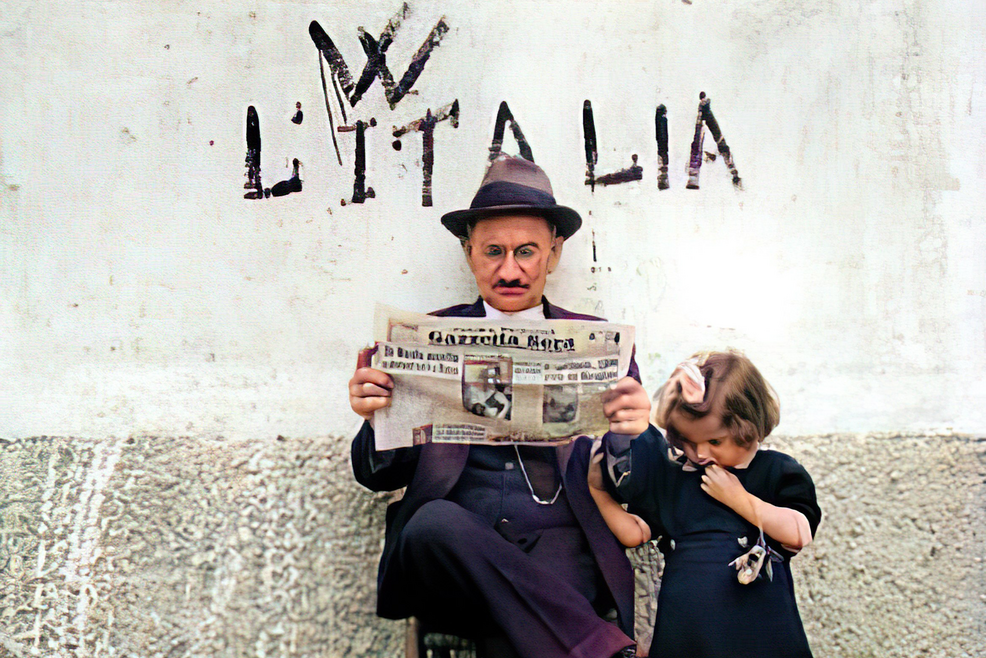If you think you have to travel to Italy to find the best olive oil, here’s the good news: America is currently placing on the market some excellent products. Though Italy is home to some of the most renowned oils, the rest of the world is learning fast. Will this affect Italy’s production?
Apparently not, because each oil is different, depending on soil, climate and manufacture. So you have more good varieties to choose from, but you won’t find an olive oil which tastes just like another one.
How do we know? We have visited the Los Angeles International Extra Virgin Olive Oil Competition, held in Pomona every year since 2000. This is currently one of the premier olive oil competitions in the world, bringing together the highest standards of professionalism in awarding the best oils from around the globe.
640 oils from Argentina, Australia, Chile, Croatia, France, Greece, Italy, Japan, Lebanon, Morocco, New Zealand, Peru, Portugal, Slovenia, South Africa, Spain, Turkey, Uruguay and the United States were received this year.
Products are judged basing on their origin (domestic and international) and on their fruitiness intensity levels (delicate, medium and robust). The panel of judges is impressive, and includes -of course- Italian experts. We had the pleasure to meet three of them: Orietta Gianjorio, UC Davis Olive Oil Taste Panel, Pietro Paolo Arca, olive expert and head of Gruppo Assaggio di Oristano Panel, and Darrell Corti, Extra Virgin Olive Oil Chairman.
“The event was originally created to promote the local production of olive oil; this is what agricultural fairs are meant for,” explains Corti. “But in the past years we also had interesting surprises from other parts of the world: we awarded an oil from Mexico and one from Uruguay with the Best of Show Award. Events like this are meant to launch new products on the market, but they also have a certain cultural impact; they can contribute to the education of the public about extra virgin olive oil.”
Education is a key word here; taste education, pairing education, health education. There’s a lot to learn about extra virgin olive oil, its history and its properties. “Those Countries that are new to the production and consumption of olive oil are sometimes more educated than, for example, the Mediterranean countries. They know they have a lot to learn, and they are curious, they want to know more about their discovery.” We Italians should do the same; we should forget for a moment about the fact that olive oil has been in our kitchens since the day we were born; we should stop give its taste and its properties for granted. We should instead take the time to rediscover such an important nourishment, from his incredible flavor to its powerful content.
“When we say no to a good bottle of extra virgin olive oil because we think it is too expensive, but we don’t hesitate to buy a good bottle of wine, which will probably be gone in a night, well, that means we don’t get the value of that oil,” continues Corti. True, good oil is usually not cheap, but it’s worthy, as the polyphenols and tocopherolsit contains are very important for our health. And then, don’t forget what we are paying for: behind the final product, there’s a process that implies the manual labor of many people, the careful selection of olives, a process which is only partially made by machines. We are paying for a product that comes from centuries of tradition. Would you rather pay for that or for the vitamins you get every day?
“Studies have revealed that olive oil should be given more consideration from a medical point of view” says Corti. “In fact, if the Mediterranean diet is considered the healthiest in the world, it’s also thanks to the importance of this product. “
Let’s see how our 85 entries from Italy will do at the 14th Los Angeles International Extra Virgin Olive Oil Competition. Results will be announced next week, and you can find them at www.fairplex.com/wos/olive_oil_competition/.








